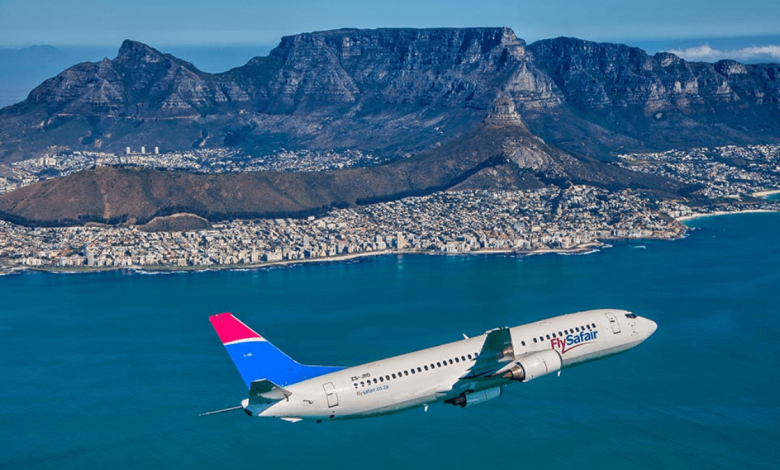FlySafair Pilots Reject 5.7% Pay Increase: How Much Do They Earn?

FlySafair’s pilots demand a 10.5% wage hike despite earning up to R2.3 million annually, sparking widespread flight cancellations.
Wage Dispute Takes Off at FlySafair
FlySafair has found itself navigating turbulent skies as a wage dispute with its pilots intensifies. At the heart of the standoff is a rejected 5.7% salary increase offer, dismissed by the FlySafair pilots’ union Solidarity in favour of a more ambitious 10.5% raise. With negotiations grounded and tensions high, the dispute has led to multiple flight cancellations and service disruptions across the country.
What FlySafair Pilots Are Actually Earning
In response to mounting public interest, FlySafair disclosed the earnings of its captains—revealing that they take home between R1.8 million and R2.3 million per year. These figures place them among South Africa’s highest-paid aviation professionals, with some reportedly earning more than members of the airline’s executive committee. Despite this, the pilots argue that these earnings are not keeping pace with the demands and stress of the job.
A Raise That’s More Than It Seems
While the 5.7% increase offered by FlySafair may appear reasonable—especially considering it’s above South Africa’s current inflation rate—the union insists that it falls short of recognising the full scope of the pilots’ responsibilities. Solidarity has argued that the proposal does not account for overall improvements in working conditions and added benefits that pilots believe are long overdue.
Solidarity Demands More Than Just a Pay Bump
According to Solidarity’s deputy general secretary Helgard Cronje, the union’s request goes beyond salary. They are calling for a comprehensive package that addresses fatigue, scheduling concerns, and benefits. Solidarity claims that the current flight roster often leaves pilots physically and mentally drained, raising potential safety concerns.
FlySafair’s Rebuttal: “Unsustainable Escalation”
FlySafair has responded firmly, labelling Solidarity’s demands as an “unsustainable escalation” that would raise the total cost to the company by 20%. With over 1,700 employees on its payroll, management argues that disproportionately increasing pilot salaries could create internal inequality and financial strain on the business.
Flying Hours vs Reality
Addressing fatigue-related concerns, FlySafair’s Chief Marketing Officer Kirby Gordon said that pilot duty times are well within industry safety limits. According to Gordon, the International Air Transport Association (IATA) and International Civil Aviation Organisation (ICAO) cap flight duty at 100 hours per month. “FlySafair captains spent an average of 63 hours last month in the cockpit flying passengers,” he noted.
Taxman Takes a Big Slice
Even with hefty paychecks, South African tax laws make sure pilots don’t pocket all their earnings. Individuals earning above R1.81 million annually fall into the top income tax bracket. This means they must pay a fixed amount of R644,000 plus 45% on income exceeding R1.81 million—significantly reducing take-home pay.
Negotiation Breakdown and Lockout Escalation
What began as a one-day notice to strike has escalated into a prolonged confrontation. Solidarity initially issued the notice, hoping to bring the airline back to the negotiation table. Instead, FlySafair responded with a seven-day lockout, which was then countered by Solidarity’s 14-day strike notice. As the situation intensifies, further flight disruptions loom.
Passengers Left Grounded
Travellers are already feeling the fallout. Over 20 flights have been cancelled since the strike began, with FlySafair offering full refunds or rebooking options. The airline has urged customers to monitor communication channels closely for further updates as the labour dispute shows no signs of easing.
What Lies Ahead for FlySafair and Its Pilots
With both sides digging in their heels, there’s no clear end in sight. FlySafair insists that it remains open to further discussions—but only within sustainable parameters. Meanwhile, Solidarity is adamant that the pilots’ value must be acknowledged through fair compensation and improved working conditions. As South Africa’s most reliable low-cost carrier faces turbulence, the aviation industry—and thousands of passengers—watch closely.
Also read: South Africa’s First Bullet Train Set to Launch in 2030